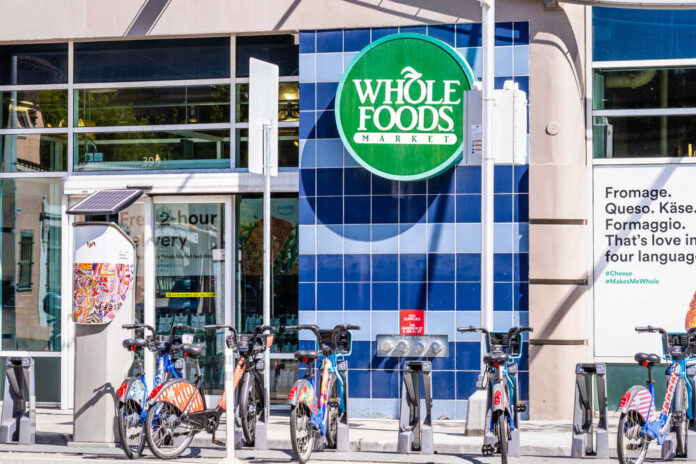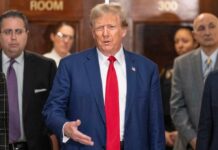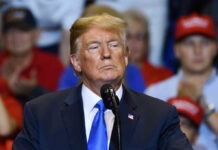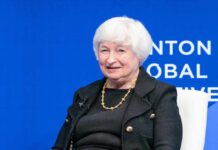
While a spike in violence and property crime has impacted cities nationwide, San Francisco, California, has been particularly hard hit in recent years. The city was recently in the news after a prominent tech-industry executive Bob Lee was fatally stabbed as he walked in one of its most affluent neighborhoods.
This week, Whole Foods announced that its flagship Bay Area location would be shut down only about a year after it opened in downtown San Francisco.
Although the predominantly liberal population aligns with the brand’s core demographic, a rise in threatening behavior and theft by locals prompted the decision.
Downtown SF looks like a zombie apocalypse. People who’ve not been there have no idea.
— Elon Musk (@elonmusk) April 11, 2023
Matt Dorsey, who serves on the city’s board of supervisors, acknowledged the core issues that led to Whole Foods’ decision, noting that he was “incredibly disappointed” to see the massive store close.
“Our neighborhood waited a long time for this supermarket, but we’re also well aware of problems they’ve experienced with drug-related retail theft, adjacent drug markets, and the many safety issues related to them,” he explained.
It remains to be seen whether the store will ever re-open. Reports indicate that the company identified drug use and crime as the primary reasons for its decision.
“We are closing our Trinity location only for the time being,” a company spokesperson said. “If we feel we can ensure the safety of our team members in the store, we will evaluate a reopening of our Trinity location.”
The drastic move came months after the same store reduced its hours in response to the spike in crime. It is just the latest brand to close locations or move out of the city entirely.
In October, a Cotopaxi retailer was temporarily shuttered in response to what CEO Davis Smith described as “large-scale theft and raiding” that endangered store employees. He made it clear that he never intended the decision to be interpreted as a political move but was merely interested in protecting employees, customers, and merchandise.
“We had many jumping to our support, some who felt offended by my post, and a few who politicized our store’s closure (because these are the times we live in, unfortunately),” he wrote in a LinkedIn post. “To be clear, I never anticipated that our decision to close our Hayes Valley store would become entangled in political discourse.”




























